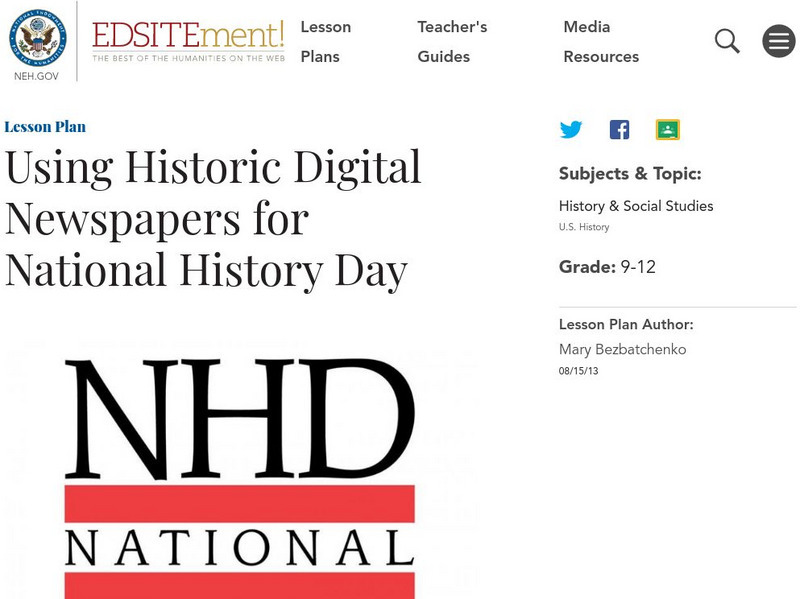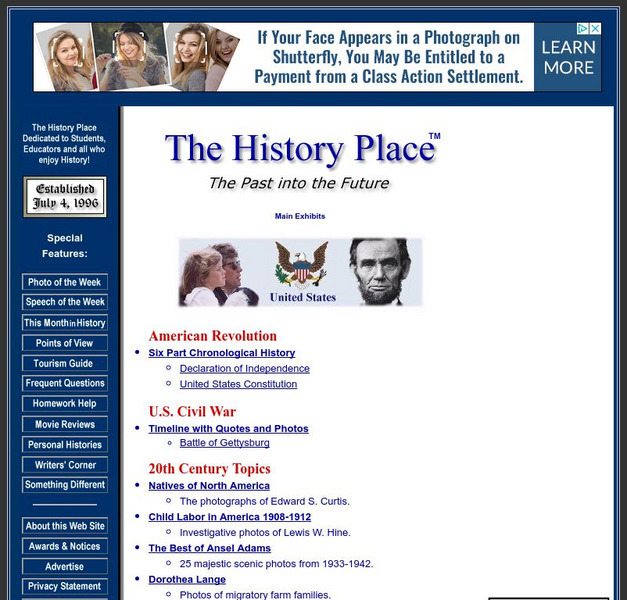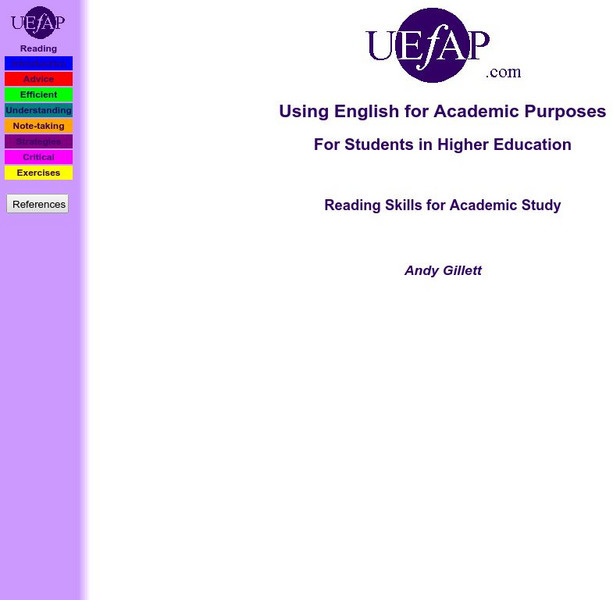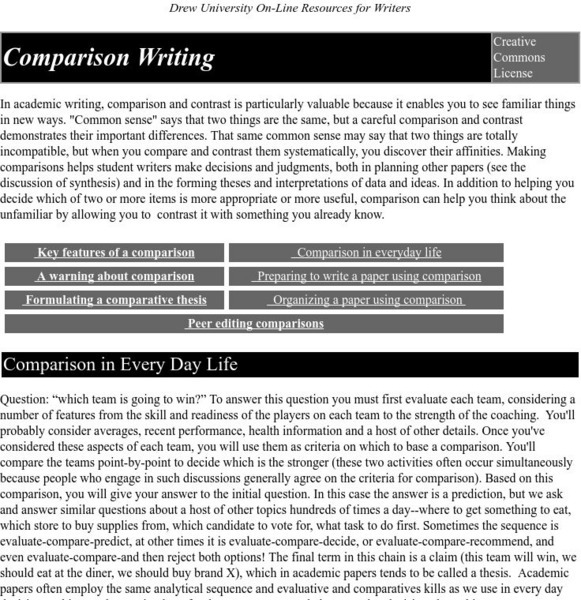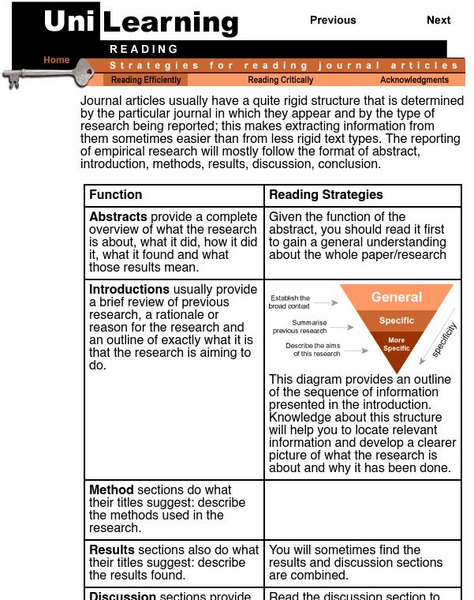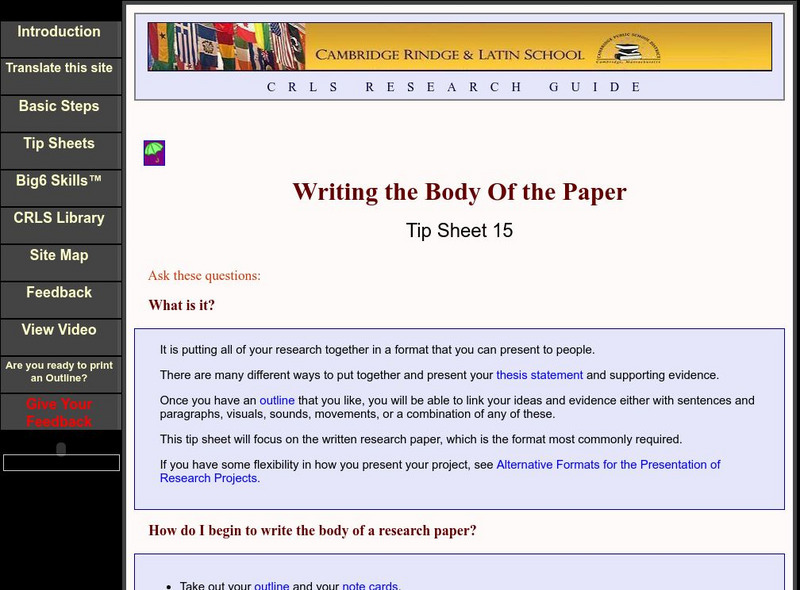National Endowment for the Humanities
Neh: Edsit Ement: Using Historic Digital Newspapers for National History Day
In this lesson plan, students will consider "Using Historic Digital Newspapers for National History Day." The plan includes worksheets and other student materials that can be found under the resource tab.
US National Archives
Nara: History in the Raw
Site offers excellent reasons to approach history by using primary documents -- diaries, letters, drawings, and memoirs. Also gives teachers suggestions on where to find great sources.
Stanford University
High Wire Press Journals
Stanford University offers this database of articles from PubMed journals, as well as free full-text from 865 journals. One cool feature is the TopicMap, powered by Java, which allows you to view different aspects of topics. Good for...
Writing Fix
Writing Fix: The Wacky "Box of Rocks" Assignment
Inspired by Barry Lane's book 51 Wacky We-Search Reports, in this cross-curricular lesson, learners learn how to summarize properly.
The History Place
The History Place: The Past Into the Future: Main Exhibits
Informative website focussing on American history from the Colonial period to present-day. Many on-line exhibits include timelines, photographs and famous quotes.
Cynthia J. O'Hora
Mrs. O's House: History Facts and Fictions
There are many versions of historical events, people, and places. This PBL offers an opportunity to students to actively explore a disputed event or urban myth to decide which version they will argue in favor of with supporting evidence.
Cynthia J. O'Hora
Mrs. O's House: Mystery Object Challenge
With a brief story and photo of an image, students will do some digging to figure out how old the object pictured is and the history behind it.
E Reading Worksheets
E Reading Worksheets: Patterns of Organization: Compare and Contrast
This learning module provides an explanation of the compare and contrast text structure. An explanation of the compare and contrast text structure is provided, and the compare and contrast text structure is demonstrated in a video...
Other
George W. Bush Presidential Library: Teaching Primary and Secondary Sources
This comprehensive lesson plan provides a fact sheet, reusable worksheets, source scenarios, and assessments.
Other
Integrated Public Use Microdata Series
Census data is available here for extraction in various configurations--provides a resource for math and social studies collaboration analyzing and sorting data.
Other
Encyber Pedia
An encyclopedia online. Just look for your topic to find information that you need. Provides information on a wide range of topics.
Other
Reading Skills for Academic Study
Designed for university students in the United Kingdom but applicable to English and advanced ESL students in other countries, this tutorial provides strategies and skills for required academic reading loads.
Other
Yukon College: Reading & Writing Academic Articles [Pdf]
This detailed guide provides background information about the purpose and structure of journal articles, then walks the reader step-by-step through the reading process. Additional resources are included.
Other
Drew University: Resources for Writers Comparison Writing
Sections of this site include key features of the comparison essay, comparisons in daily life, formulating a thesis, preparing to write, and organizing a comparison essay. The site also includes a paragraph of caution when writing about...
Grammarly
Grammarly Handbook: Headings
This page focuses on the use of headings in a paper. The layout of the headings and subheadings should be determined before beginning the paper to make it easier to read and more attractive. Most important is to be consistent with...
Grammarly
Grammarly Handbook: Where to Find Information
This page focuses on where to find information needed for writing papers: the library or the internet. It offers tips for using search engines and key words.
Grammarly
Grammarly Handbook: Primary, Secondary, or Tertiary Resources
Definitions and examples of primary, secondary, and tertiary resources.
Grammarly
Grammarly Handbook: Good or Bad Resource?
This page focuses on how to evaluate resources; it establishes criteria for determining good and bad resources. Primary resources are always good, but secondary and tertiary ones need to be evaluated more closely.
Other
Uni Learning: Strategies for Reading Journal Articles
Clear explanation of how journal articles tend to be structured, as well as tips for extracting information from each part. Includes sample, color-coded exercises.
Other
Bayou State Periodical Index
Focused on periodicals pertaining to Louisiana, this online index covers even obscure publications such as alumni newsletters, and occasional offerings of non-profit organizations.
Other
Georgia Perimeter College: Learning and Tutoring Center: Communications Handouts
This index provides links to educational resources on various English topics. Some topics included are related to punctuation, parts of speech, usage, different types of writing, and analytical questions for various genres of literature.
Library and Archives Canada
Nlc: Defining Primary and Secondary Sources
Libraries and archives hold documents and books that can be used for your research projects. Learn how to divide and identify them into primary and secondary sources in this tutorial.
Cambridge Rindge & Latin School
Cambridge Rindge & Latin School: Writing the Body of a Research Paper
An excellent tip sheet on how to write and create the bulk of a research paper: the body includes in-depth information, examples, as well as links to earlier steps in the process such as thesis statements, notecards, outline,...
University of California
Uc Berkeley Library: Finding Historical Primary Sources
Got a research project? Read this site from the UC Berkeley Library. A great guide on finding the best primary sources for your research. Defines both narrow and broad ideas of primary source, links to online archives of primary sources,...


